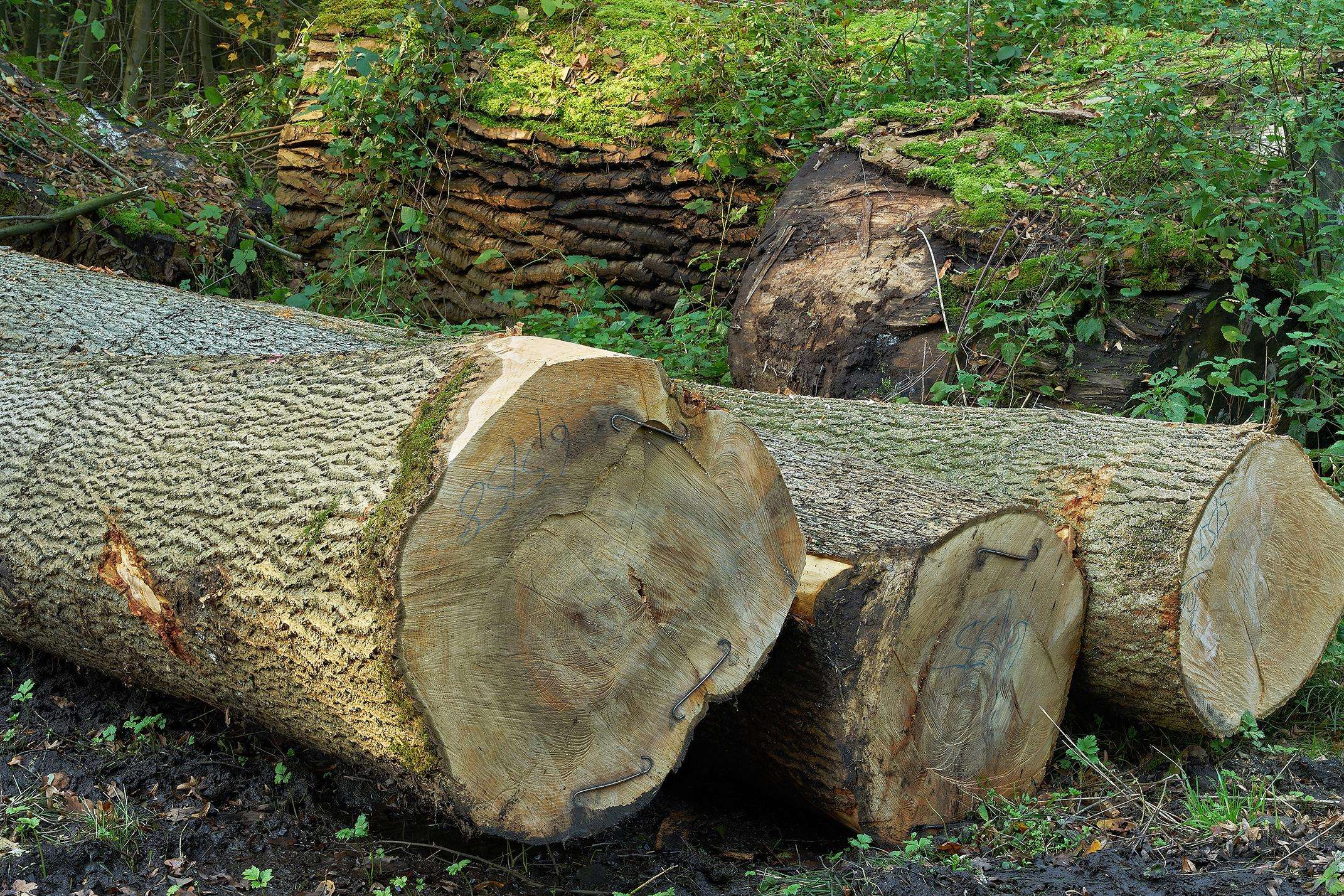The U.S. has announced an agreement with Morocco, effective April 1, 2019, under which the originating status rule for five classes of woven garments has been modified to allow for the use of certain non-originating fabrics (i.e., the specified fabrics for the listed garments may be sourced from outside of Morocco or the U.S.)
In most instances, qualification of apparel for duty-free entry into the United States under the USMFTA requires satisfaction of a “yarn forward” rule (requiring that the formation of the yarn and all further processing occur in Morocco and/or the United States). This strict rule limits the benefits to be obtained from sourcing in Morocco. As a result of the recent change, certain non-originating fabrics may now be used for specific garments. The impacted garments and materials are listed below:
Women’s or girls’ cotton corduroy skirts and divided skirts classified in subheading 6204.52, of cotton corduroy fabrics classified in subheading 5801.22;
- Women’s or girls’ man-made fiber blouses, shirts and shirt-blouses classified in subheading 6206.40, of polyester corduroy fabrics classified in subheading 5801.32;
- Women’s trousers classified in subheading 6204, of synthetic bi-stretch fabric containing 45 to 52 percent by weight of polyester, 45 to 52 percent by weight of rayon and 1 to 7 percent by weight of spandex, classified in subheading 5515.11;
- Women’s trousers classified in subheading 6204, of woven fabric containing 60 to 68 percent by weight of polyester, 29 to 37 percent by weight of rayon and 1 to 7 percent by weight of spandex, classified in subheading 5515.11; and
- Women’s trousers classified in subheading 6204, of woven herringbone fabric containing 31 to 37 percent by weight of viscose rayon, 17 to 23 percent by weight of polyester, 17 to 23 percent by weight of cotton, 13 to 19 percent by weight of wool, 5 to 11 percent by weight of nylon and 1 to 6 percent by weight of spandex, classified in subheading 5408.33.”
It must be noted that the above changes represent very discrete new exceptions. They will only benefit traders in these categories
Should you have any questions on this development or any other free-trade agreement issues, please do not hesitate to contact our office.




